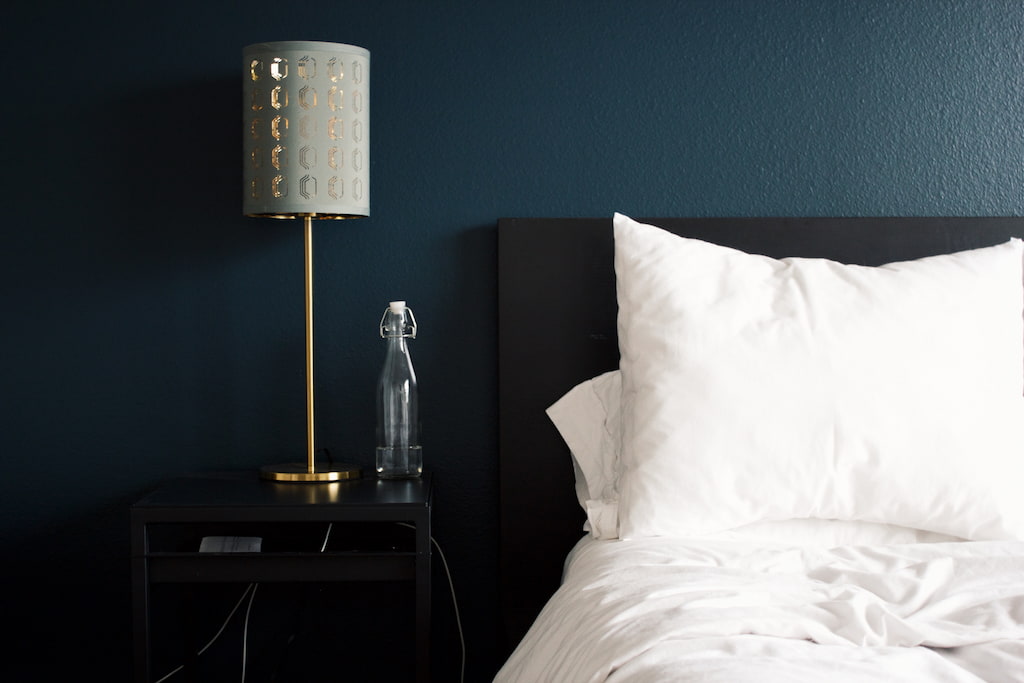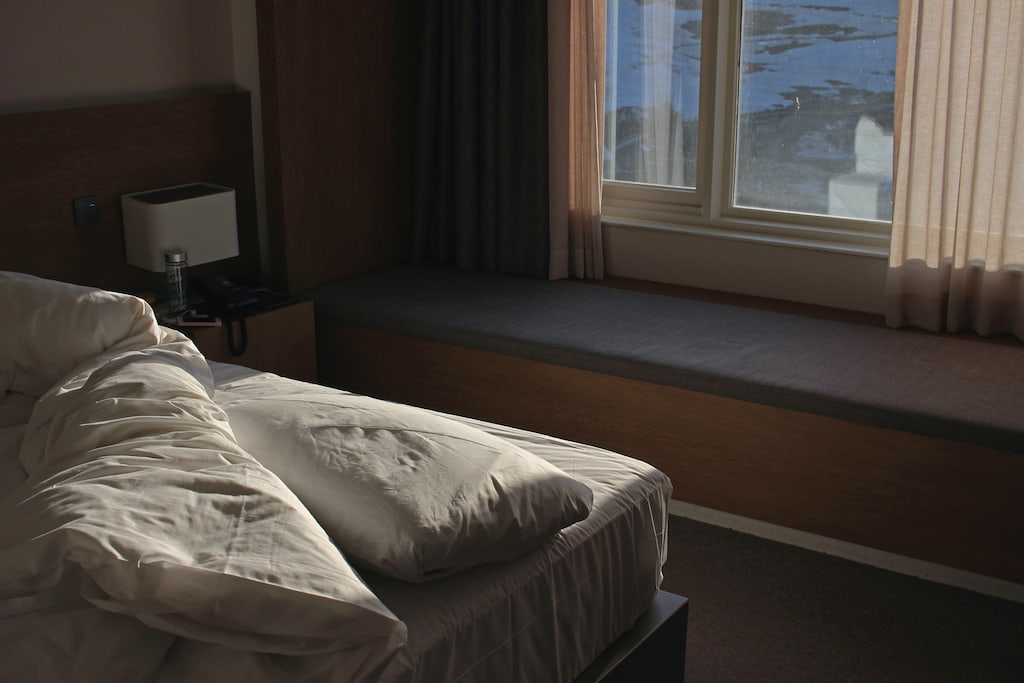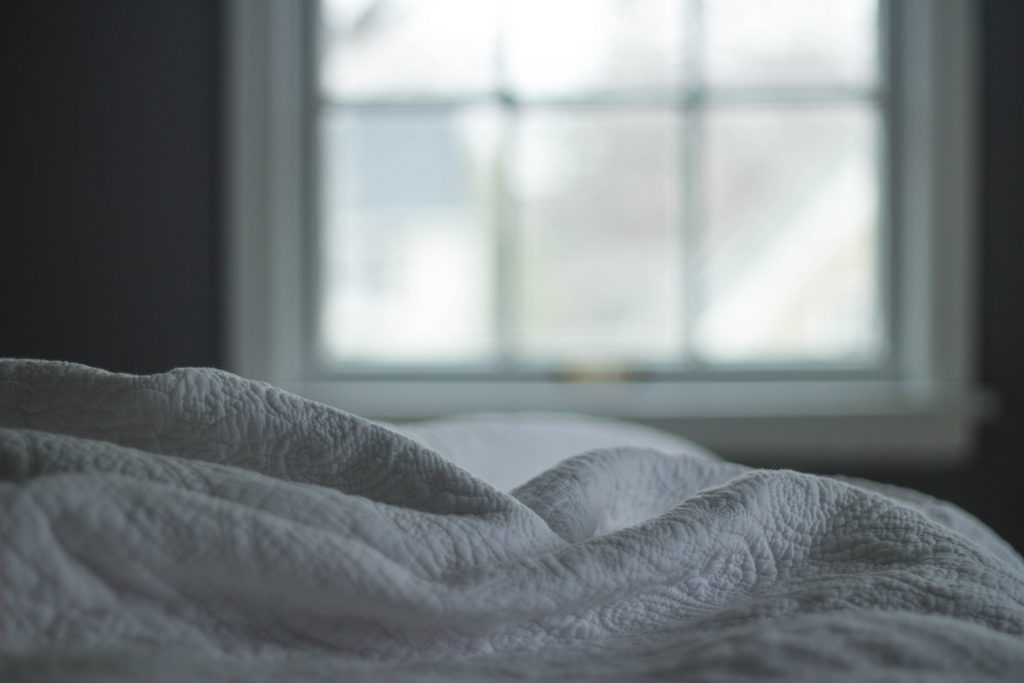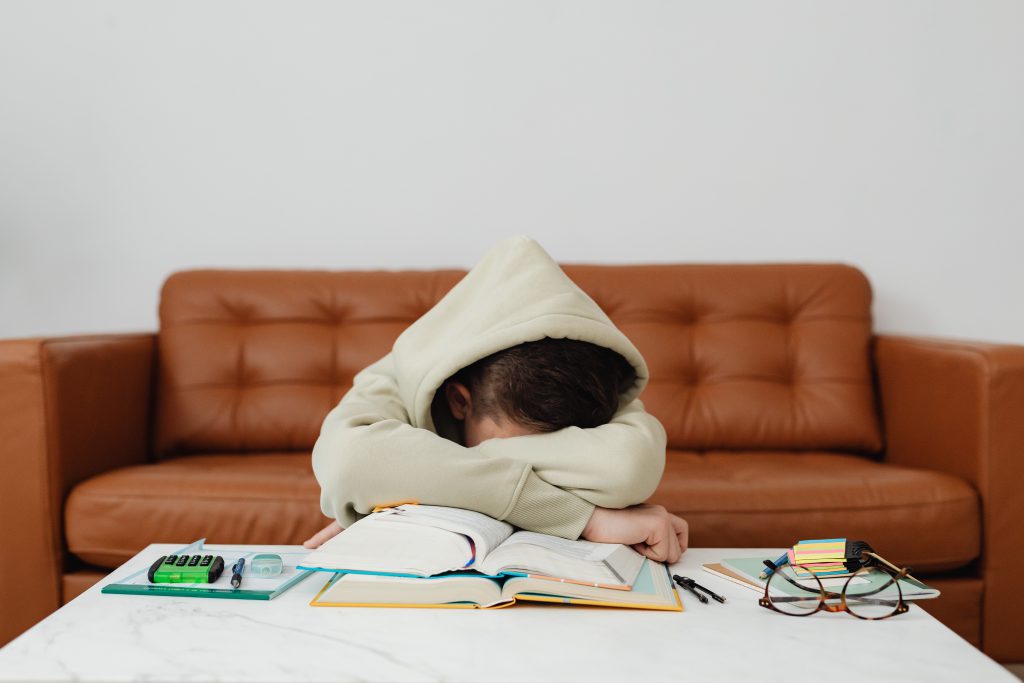Stress, Mindfulness, & Sleep


Content
Wanting a peaceful sleep at the end of the day is a familiar feeling for most of us. As the American Psychological Association states, sleep is so important that even a single bad night’s sleep “can affect memory, judgment, and mood”. How many of us really sleep well, waking up rested and recharged in the morning? So, what can we do to improve our sleep and how can mindfulness-based practices help? Let’s dive in together.
What Does Mindfulness Mean to You?
In academia, there’s a broad discussion happening around how to officially define mindfulness. When comparing definitions, most seem to agree upon the following: Mindfulness means to direct awareness to the present moment, through different kinds of practices, arriving consciously in the Now. So, what does that mean exactly? What are these different kinds of practices? And, what’s the Now? There are different answers and opinions, but allow me to share mine with you.
For me, the Now is a moment-to-moment experience where I’m thoroughly aware of what’s happening within my internal and external world. All my senses are activated, gently guiding information to my mind, heart, and body using the sound, smell, and visuals of my direct environment. I’m consciously aware of where I am. This doesn’t necessarily mean that I’m absolutely at peace. Some days, I may notice how calm my mind is, feeling the steady beat of my heart. Other times, I may feel my emotional world whirling around me like a stormy night with my thoughts pounding like the drums of thunder in the background of my mind. But, even in that chaos, it helps to be aware of what’s happening, which is exactly what mindfulness means to me. I’m jumping into the role of the objective observer.
There are many ways to practice mindfulness and it can look different for each one of us. I met one person who explained her practice as follows: When she feels like everything’s getting too loud and she wants to calm down, arrive at the present, and take a deep breath, she puts on her walking shoes and walks quickly through town. This helps her to move and feel her body, emptying her mind as she watches what’s happening around her: the streets, people, trees, cars, and so on.
So, what does mindfulness mean to you? What does your mindfulness practice look like?
How Do You Sleep?
First, let me introduce the three stages of sleep :
- “Stage 1: During this short period (lasting several minutes) of relatively light sleep, your heartbeat, breathing and eye movement slow, and your muscles relax with occasional twitches. Your brain waves begin to slow from their daytime wakefulness patterns”.
- “Stage 2: […] period of light sleep before you enter deep sleep. Your heartbeat and breathing slow, and muscles relax even further. […] You spend more of your repeated sleep cycles in stage 2 sleep than in other sleep stages”.
- “Stage 3: […] the period of deep sleep that you need to feel refreshed in the morning. It occurs in longer periods during the first half of the night. […] Your muscles are relaxed and it may be difficult to awaken you”.

I remember a time in my life when I was constantly tired, even though I slept a solid seven or eight hours every night. In the mornings, I would barely make it out of bed, rolling around multiple times until I could hear my roommates calling me for coffee — which was the only way you could get me out of bed in the early hours of the day.
During these times, I’d wake up frequently throughout the night, dreaming wild things and feeling exhausted in the mornings. These sleep disruptions happened at the height of daily stress that I couldn’t let go of before I went to sleep. As soon as I got into bed, it seemed my mind thought this would be an excellent time to start thinking about some things that had been bothering me throughout the day. Not only did I start listening to some really difficult thoughts, but I also consciously dove into them and started to deconstruct them, discuss with myself, think up arguments for and against them, rummaging around in some memories and so on… Does that sound familiar? Have you experienced similar things when you’re trying to go to bed? Take a moment to do a quick inventory about your sleep habits.
How’s your sleep?
How’s your mind as you’re getting ready to go to sleep?
How do you feel when you wake up?
Do you feel rested and recharged?
Let’s Talk About Stress
There’s an interesting definition of stress that says, “Stress arises when the pressures placed upon an individual exceed the perceived capacity of that individual to cope”. This suggests that stress is perceived as overwhelming when an individual finds it impossible to reach for the necessary resources that they can use to successfully respond to the stressor in a timely fashion. And so perceiving stress is different for every individual. It’s subjective. Situations that are extremely stressful for me, may not be stressful for you. And vice versa. Again, take inventory:
What does stress mean to you?
Which situations are stressful for you?
How do you respond to them?
When experiencing a high level of stress where we find it difficult to shut down by the end of the day, it makes sense that our mind and body aren’t able to fall into the deeper stages of relaxation and rest for the night.

Mindfulness-based Practices to Calm the Nervous System & Release Stress
According to research:
“Mindfulness and meditation help bring about a relaxed state of mind that is conducive to falling asleep. This reaction is often described as the relaxation response, or the opposite of the stress response […] Mindfulness may improve sleep quality by supplying […] the mental resources to calm down the nervous system in preparation for sleep”.
Unfortunately, there’s no magic recipe for how to deal with stress, as the ways in which we manage it are dependent on so many internal and external factors. To actually make use of your sleep, whether you’re sleeping in the middle of the day or at night, I’d like to recommend the following practices:
- Be mindful of your stress levels throughout the day. Where’s the stress coming from? What is the root cause of the stressor? What resources do you need to better manage your stress?
- Try to find ways to incorporate calmness and grounding techniques into your day. That may mean you walk with more purpose, more conscious awareness. Try not to rush and be more aware of your body and the environment that you find yourself in.
- When you lie down, take a few deep breaths, telling yourself that this is a time of rest that you want to use to recharge. Whatever’s stuck in your mind or heart can be written down on a piece of paper and dealt with another time.
- Use some soothing music, a guided meditation, dancing, a book/audiobook/podcast, a cup of tea, talk with a loved one, or whatever else you enjoy to help you relax and to release tension.
- Introduce simple mindfulness-based practices throughout the day that can help to calm your nervous system: A guided meditation during your lunch break, or sound healing, or body scans. Or maybe you write down your thoughts, go for a short walk, or stretch your body.
Improving your sleep can be a process, but I hope these tips will help you jumpstart that journey toward a deeper, more refreshing sleep using mindfulness techniques.




